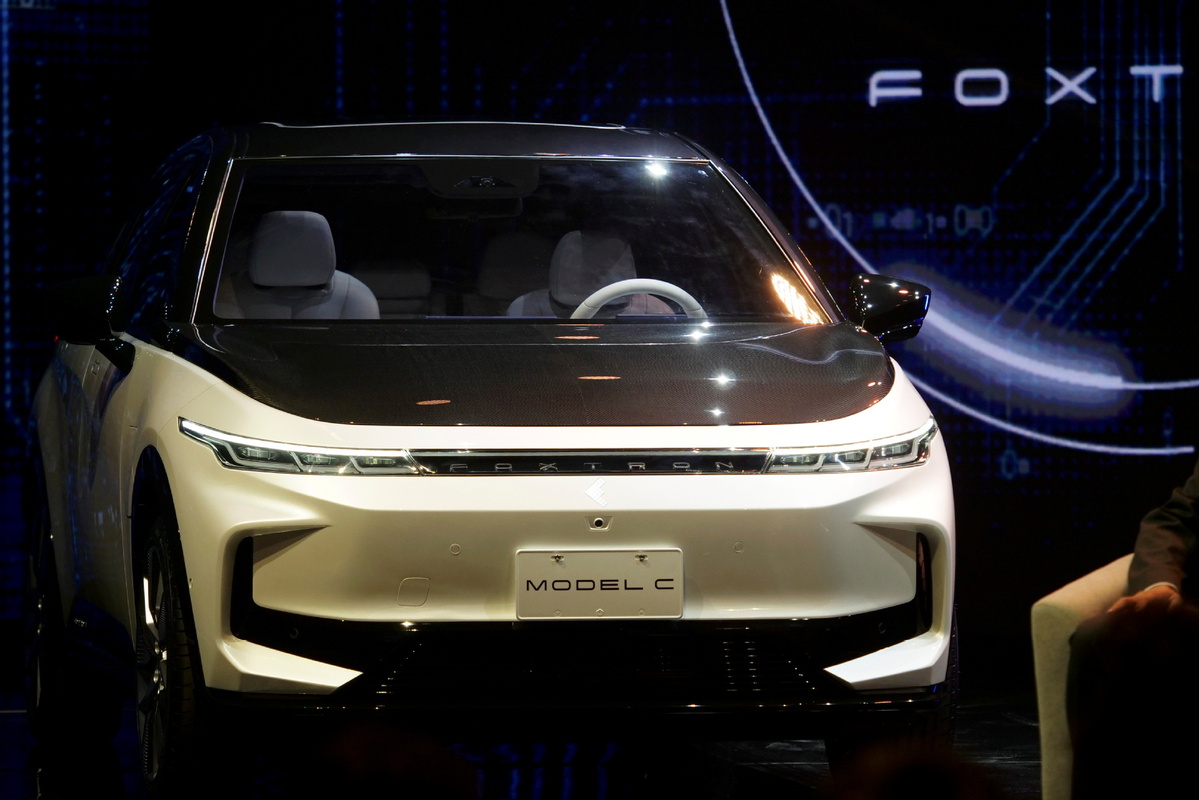Foxconn starts EV ambitions with three vehicles

Apple Inc supplier Foxconn unveiled its first three electric vehicle models on Monday, vowing to grow them into a $35 billion business in five years.
The vehicles - an SUV, a sedan and a bus - were made by Foxtron, a joint venture between Foxconn and Taiwan-based car maker Yulon Motor Co.
The company said the SUV will hit the market in 2023 and the sedan will follow in coming years, while the bus will start running in 2022 in Taiwan in a partnership with a local transportation service provider.
Foxconn first mentioned its EV ambitions in November 2019 and has since moved relatively quickly.
"We are ready and no longer the new kid in town," said Foxconn Chairman Liu Young-way.
The Chinese mainland and Europe are major markets for electric cars, while the United States has released its ambition to develop the sector as well.
Foxconn did not say which carmaker will produce vehicles for it on the Chinese mainland.
In January this year, it joined hands with Geely to provide contract manufacturing for automakers.
They will each hold 50 percent of a joint venture that will also provide consulting services on electric vehicle technologies to automakers, the companies said in a statement.
Foxconn also inked a deal with startup Byton, based in Nanjing, Jiangsu province, earlier this year.
In a statement, Byton said Foxconn will provide its expertise in advanced manufacturing technology, operational management experience and will share industrial resources to support the production of its model, the M-Byte SUV.
Its plans are clearer in the United States. In May, Foxconn inked a deal with startup Fisker to produce electric cars in the US starting from 2023.
This month it bought a factory from another US startup Lordstown Motors to make electric cars.
Also in May this year, Foxconn partnered with Thailand's energy group PTT Pcl for car production in the Southeast Asian country.
Foxconn has also set itself a target of providing components or services for 10 percent of the world's EVs by between 2025 and 2027.
In August this year it bought a chip plant, aiming to meet future demand for automotive chips.

